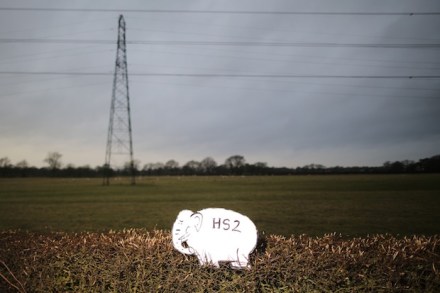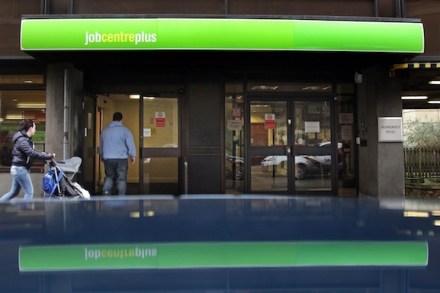Ed Balls: ‘There is no blank cheque for HS2’
Labour could use HS2 as an opportunity to show voters that it is fiscally responsible by announcing that as the project’s costs have spiralled out of control, it cannot back it. So runs the argument in favour of Ed Miliband dropping his party’s support for the project. The party’s transport shadow Maria Eagle has insisted today that high-speed rail remains a manifesto commitment for Labour, but Ed Balls has appeared on BBC News to drop what many are reading as some fairly heavy hints that his own support isn’t quite so rock-solid. listen to ‘Ed Balls on the growing economy and HS2’ on Audioboo




















